Healthy night routines
5 Healthy Bedtime Routines for Adults
Many people leave the notion of bedtime routines behind once they surpass adolescence. Establishing a bedtime routine may seem like a process that is better suited to the needs of youths. But the truth is that adults can benefit from healthy bedtime routines just as much as children can—if not more so.
Creating a healthy, relaxing bedtime routine for yourself is one of the smartest and most nurturing things you can do for your body and mind. Most adults spend their days in a state of mental and physical overdrive. By establishing a proper routine, you’ll give yourself a chance to slow down, unwind, and refocus your attention on what matters the most to you.
One of the biggest advantages of creating your own bedtime routine is that it’s personalized to you and your specific needs. Many scientific studies have revealed the widespread prevalence of sleep disorders like insomnia. They’ve also linked work and home-related stress as some of the primary drivers of sleep anxiety.
Establishing a nightly routine will help to address your stress levels by relaxing your body and your mind and preparing you for a great night’s sleep.
Here are 5 essential bedtime routines that you should add to your nighttime preparations:
1. Set a Bedtime Preparation Alarm
Consistency is the key to success, particularly when you are trying to establish a new routine or habit. You can help to establish a regular bedtime routine by starting it at the same time every night.
Set a notification or alarm on your smartphone to remind you of your routine at a set time, from Monday to Sunday. This alarm will act as a signal that it’s time for you to unplug from your blue light-emitting devices and start winding down for the night.
2. Dim Your Lights and Lower Your Thermostat
Our circadian rhythms regulate our core body temperature, which usually runs at 98.6 degrees Fahrenheit. Interestingly, humans tend to sleep better in rooms at significantly lower temperatures than their own body temperatures.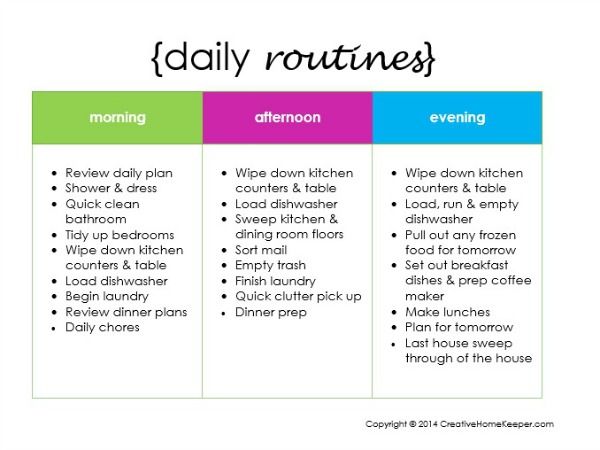 Lowering your thermostat to 65 degrees may help to induce sleepiness and promote longer, more restful sleep cycles.
Lowering your thermostat to 65 degrees may help to induce sleepiness and promote longer, more restful sleep cycles.
One of the core pillars of the Wim Hof Method is cold therapy. Proper exposure to the cold can offer many health benefits, including the build-up of brown adipose tissue and fat loss, reduced inflammation levels, a strong immune system, more balanced hormone levels, and improved sleep quality. Exposure to cool temperatures also assists your brain in producing feel-good endorphins that naturally elevate your mood.
It’s important to dim bright lights or turn them off altogether while you’re preparing for bed. Exposure to blue light from smart devices, and any other bright lights will affect your circadian rhythm and keep you awake for longer. Your sleeping space should be cool, comfortable, and dark to help prime your circadian rhythms for sleep.
3. Limit Blue Light Exposure Before Bed
The screens of our televisions, smartphones, tablets, laptops and computers emit powerful blue light that stimulates your body’s circadian rhythms.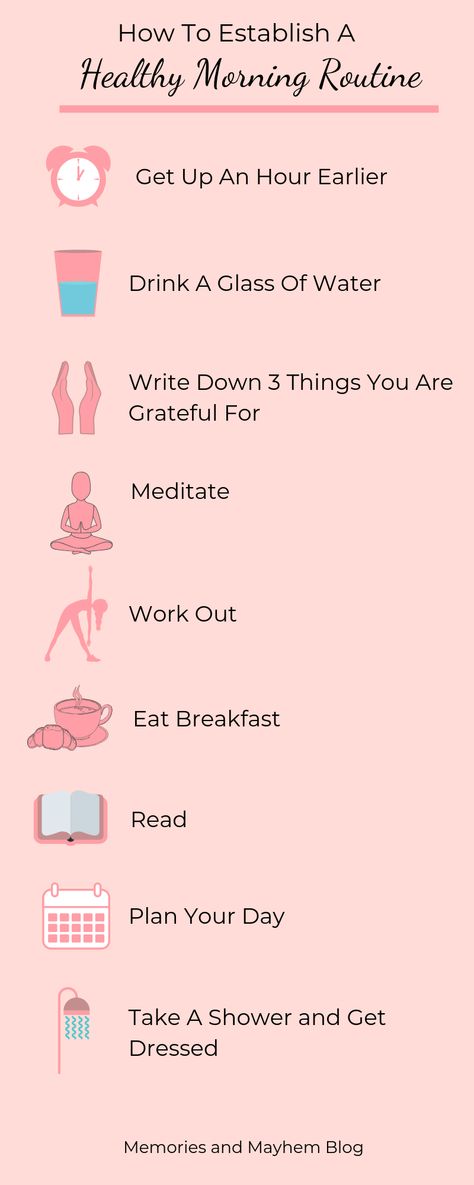 Exposure to blue light keeps you awake long after it’s time to settle in for the night by tricking your brain and body into believing that it’s still daytime.
Exposure to blue light keeps you awake long after it’s time to settle in for the night by tricking your brain and body into believing that it’s still daytime.
Various sleep studies have documented that exposure to high levels of light at night can lower our melatonin levels, delaying our REM sleep cycles and promoting restlessness. We recommend turning off all screens at least 30 minutes before bedtime, but preferably 45 minutes to an hour before sleep.
4. Enjoy a Relaxing Warm Drink
Warm drinks are soothing and comforting, and have the power to promote better sleep. Try a drink with notable sleep-promoting benefits, such as chamomile tea, which has been used for centuries to alleviate insomnia and sleep issues.
Many people swear by turmeric to promote better sleep at night. This curcumin-packed superfood reduces inflammation and pain in the body while supplying it with the antioxidants it needs to fight free radicals and regenerate tissues overnight.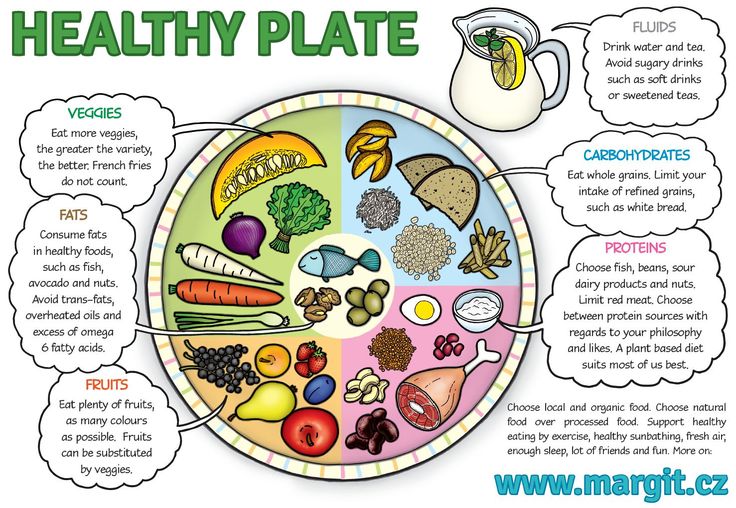 Add the spice to a delicious bedtime drink like golden milk, and remember to use a low-carbohydrate sweetener in place of sugar so you don’t receive an unwanted energy boost!
Add the spice to a delicious bedtime drink like golden milk, and remember to use a low-carbohydrate sweetener in place of sugar so you don’t receive an unwanted energy boost!
5. Take The Time To Unwind
Everyone’s work-life balance is different, but even if you have a frenetic lifestyle, getting a good night’s sleep regularly is essential to your wellbeing. Following a healthy bedtime routine should form part of your schedule, just as much as eating and exercise should.
According to sleep specialists, your bedtime routine should last between 30 minutes and one hour. This time frame will give you enough time to relax, unwind, and prepare for bed without feeling rushed or stressed. Plus, it will give you plenty of time to practice proven routines like the Wim Hof Method to ensure that you enjoy the highest possible quality of sleep.
Prioritize being consistent with your routine and you will effectively train your body to anticipate sleep at the same time every night.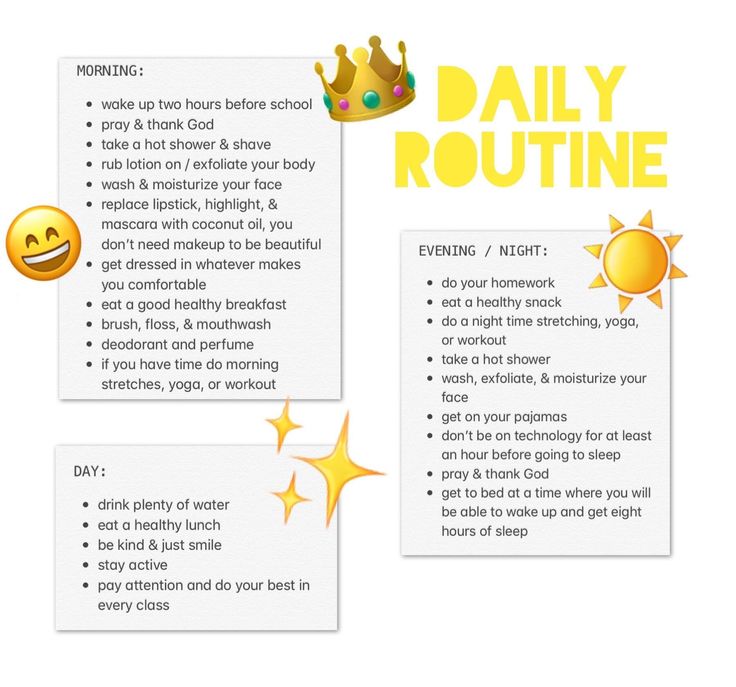
23 Tips for Your Ideal Nighttime Routine
Trouble sleeping? You’re not alone. About 1 in 3 adults in the United States get less sleep than they should.
In the midst of the pandemic, you might have more time for sleep, but sleep quality might still take a hit, thanks to added anxiety and stress from loneliness, health worries, financial concerns, and other issues.
Nighttime routines also commonly factor into sleep quality, regardless of anything else happening in the world. Your activities during the evening hours can have a big impact on your ability to fall asleep and stay asleep each night.
Poor sleep can have plenty of health consequences, many of which you might worry about while lying awake. If you have trouble getting enough restful sleep on a regular basis, try exploring your pre-bedtime habits to identify potential problem areas and create a new routine that promotes better sleep.
Here are some tips to get you started.
A bedtime routine that includes a few steps toward preparing for the next day can have several advantages.
First, getting a head start on tomorrow’s to-do list gives you one (or two or three) fewer things to stress over as you try to fall asleep.
Having less to do in the morning can help you feel less rushed, making it easier to set aside a few minutes for morning meditation or a mindful breakfast that’ll start your day off right.
Take care of morning chores
If you struggle to get started in the morning, ask yourself what usually holds you up.
Maybe you spend a lot of time deciding on an outfit or never know where to find your keys. Perhaps you need a hearty breakfast to begin your morning but have to clear the sink of last night’s dishes first.
Setting aside 15 to 30 minutes every evening to prepare for the next day can help prevent hectic mornings and promote peace of mind as you get into bed.
To reduce bedtime stress and feel more relaxed in the morning, try taking care of these chores in the evening:
- Make your lunch for work or school.
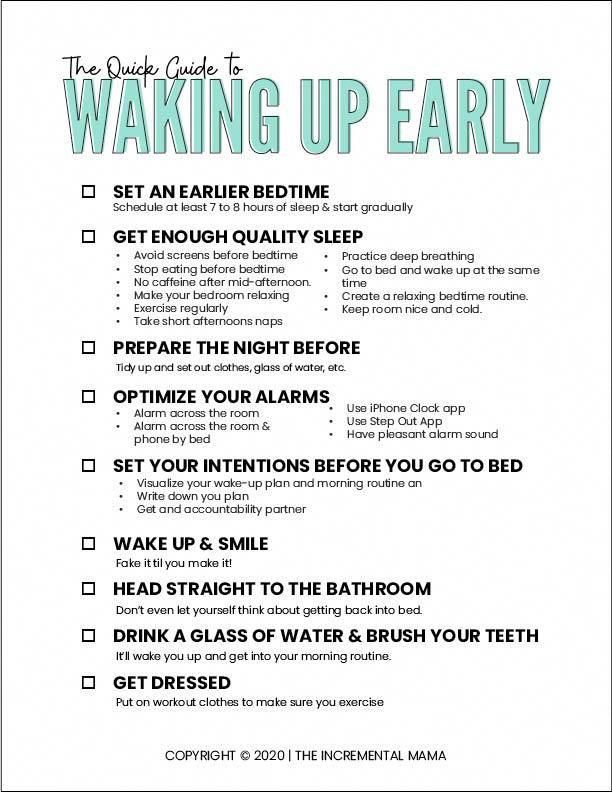
- Gather your essentials — think keys, wallet, sunglasses — in one spot.
- Wash the dishes.
- Set out your clothes for tomorrow.
Make a to-do list
There’s only so much you can do in preparation for tomorrow. But for everything else, there’s a list.
Spending just 5 minutes writing a to-do list each night can help you avoid the sleep-disrupting habit of thinking about everything you need to do as you’re trying to fall asleep.
A paper to-do list can free you from the urge to constantly run through a mental version. It can also help you feel more in control of tomorrow before it even begins.
Try journaling to relieve stress
A journal provides a space to express any concerns weighing on your mind, reducing the need to unpack them mentally in bed.
While journaling may not be enough to relieve severe anxiety or chronic stress, it can help reduce anxious thoughts. Physically writing about things stressing you out can help you visualize them leaving your mind and reinforce your sense of relief.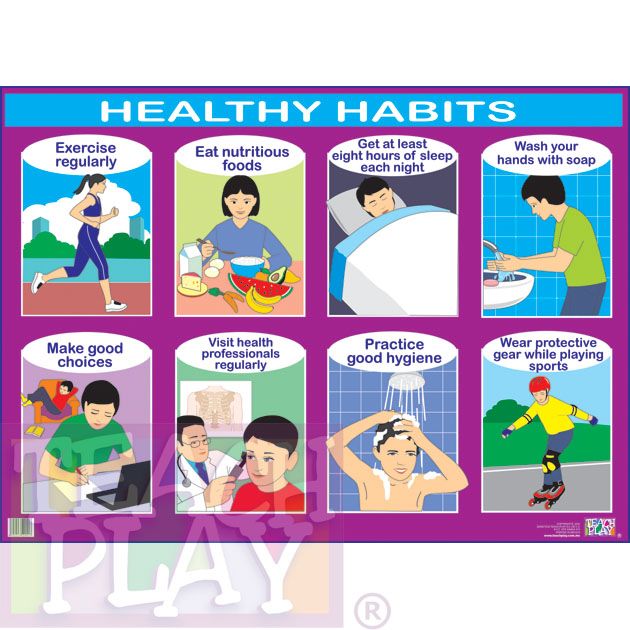
Writing about stress-provoking upcoming events (and noting a potential solution or two) may also help you feel more prepared to face them, which can ease anxiety.
You don’t have to wait until it’s lights-out to start winding down. Filling your evening hours with calming activities helps you avoid overstimulating your mind and body as the day draws to a close.
Cut off caffeine early
A regular post-lunch cold brew might help you make it through the day, but this caffeine boost can have consequences later.
Having caffeine even 6 hours before bedtime can disrupt your rest. If you often have trouble sleeping, try sticking to beverages without caffeine after lunch.
Avoid strenuous exercise
Yes, regular exercise can improve sleep, but you’re better off saving intense workouts for morning or afternoon.
Vigorous exercise shortly before bedtime raises your body temperature and heart rate, making it harder to fall asleep and potentially reducing the amount of sleep you get.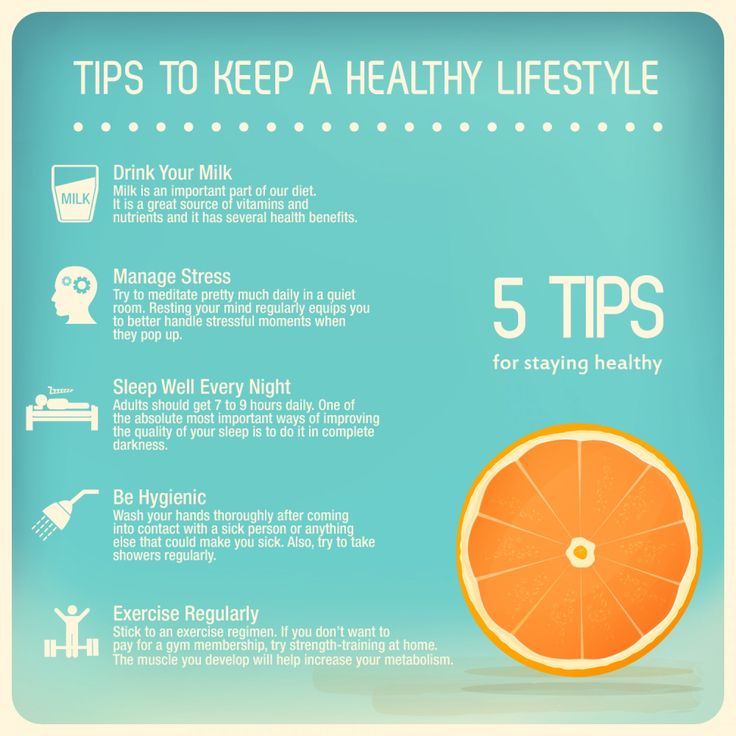
It’s perfectly fine to do light or moderate intensity exercise in the evening, though.
Instead of a run or heavy weightlifting session, try:
- stretching
- walking
- yoga
Just keep in mind that even with light exercise, it’s still best to wrap up an hour to 90 minutes before bedtime.
Meditate
A regular meditation practice can help you relax physically and mentally. Mindfulness meditation, in particular, may help improve your ability to release the day’s stress and tension in preparation for a good night’s sleep.
Focusing your awareness and sitting mindfully with your thoughts gives your body a chance to rest and relax. All those slow, deep breaths you’re taking? They cue your body to slow down at the same time.
Meditation can also help reduce behaviors that keep you up, like cycling through anxious thoughts.
Can’t meditate in the evening? Try these tips to make it a habit any time of day.
Put on some calming music
Playing soft, soothing music as you prepare for bed can trigger the release of hormones that help improve your mood. Feeling emotionally at peace can help your body feel calmer, too.
Feeling emotionally at peace can help your body feel calmer, too.
While music may help you fall asleep faster and get better sleep, make sure you stick with calming tunes. Energizing, upbeat music probably won’t have quite the effect you’re hoping for. For best results, try slow music without lyrics.
Change up your hobbies
Catching up on a favorite show at the end of a long day can feel relaxing, but try to avoid doing this within an hour or so of bedtime.
The blue light produced by electronic devices can confuse your brain, which links this light to daytime. If your brain thinks it’s time for you to be awake, it won’t tell your body to produce melatonin, a hormone that helps prepare you for sleep.
Using devices to scroll through social media, play games, watch videos, or chat with friends can also keep your brain active when you need it to start calming down.
Consider adding these activities to your nighttime routine instead:
- assembling jigsaw puzzles
- building models
- reading (but stick to paper books or an e-reader that gives off minimal light)
- drawing or coloring
- doing word or number puzzles
Create a family bedtime ritual
Connecting with loved ones — whether that’s your partner, children, or (good) roommates — can increase feelings of love, trust, and happiness.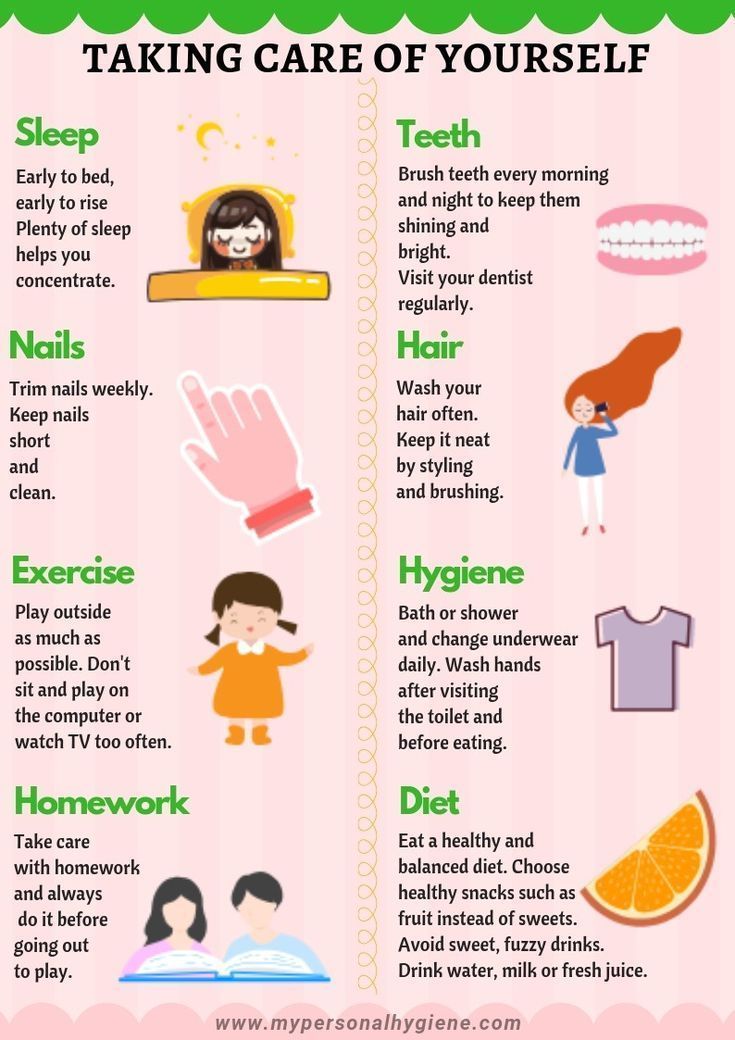
Generating these positive emotions just before bed can put you in a better mood, helping you feel more at ease when it’s time for bed.
Regardless of any other benefits, spending quality time with people you love can strengthen your bond and help lower stress.
Try:
- reading aloud to each other
- trading massages with your partner
- sharing highlights from your day
- cuddling or playing with pets
Make time for sex
Experts continue to explore the connection between sleep and sex, but evidence does suggest a potential link between sex before bed and improved sleep.
In one 2017 research survey, over 60 percent of the 282 adults who replied to the survey said their sleep improved after having an orgasm with a partner.
Oxytocin release during sex may be one explanation. The release of this “love hormone” can promote relaxation and a sense of well-being. Kissing and cuddling can also trigger oxytocin release, so any type of intimate contact before bed has benefit.
You don’t need a partner to add sex to your nighttime routine. Solo orgasms are a perfectly natural way to relax and get off to sleep more easily.
Make hygiene a ritual
It’s pretty normal for basic bedtime hygiene to happen on autopilot. But performing cleansing routines with more mindfulness than absentmindedness can help your brain and body tune in to your approaching bedtime.
Washing your face and showering can feel like boring chores you’d rather skip, but it’s possible to make these mundane tasks more pleasant and relaxing.
Build a ritural
- Instead of a quickly scrubbing your face, practice the 60-second rule. Gently wash your face for a full minute. Imagine washing away the stress of the long day as you cleanse your skin, or use a mantra or focused breathing to slow down.
- Take a hot bath. Research suggests that an hour or two before bed is ideal for a nighttime bath. If you’re sensitive to bubble bath or bath salts, create a relaxing atmosphere with scented candles.
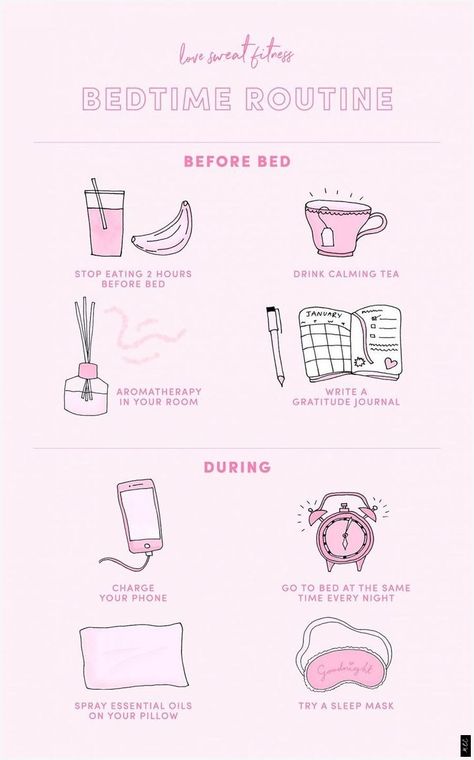
- Avoid bright lights. That bright overhead lighting in your bathroom? Not a great vibe for getting sleepy. Consider bringing some candles into the bathroom and doing your nightly routine with the lights off. For an added benefit, choose one with a calming scent, like lavender.
Don’t forget your teeth
Every nighttime routine should include 2 minutes for toothbrushing. Practicing mindfulness during this essential ritual can make it even more beneficial.
Set a timer for 2 minutes, then focus on your motions as you brush. Notice the sensation of the bristles on your teeth and the taste of the toothpaste.
Remind yourself of everything your teeth do for you. You might even try a mantra, such as “I’m grateful for my teeth.”
It’s also never a bad idea to revisit the basics of proper brushing.
Instead of simply switching off the lights at bedtime, try preparing your environment for sleep earlier in the evening. This gives your body time to adjust to the idea of sleep.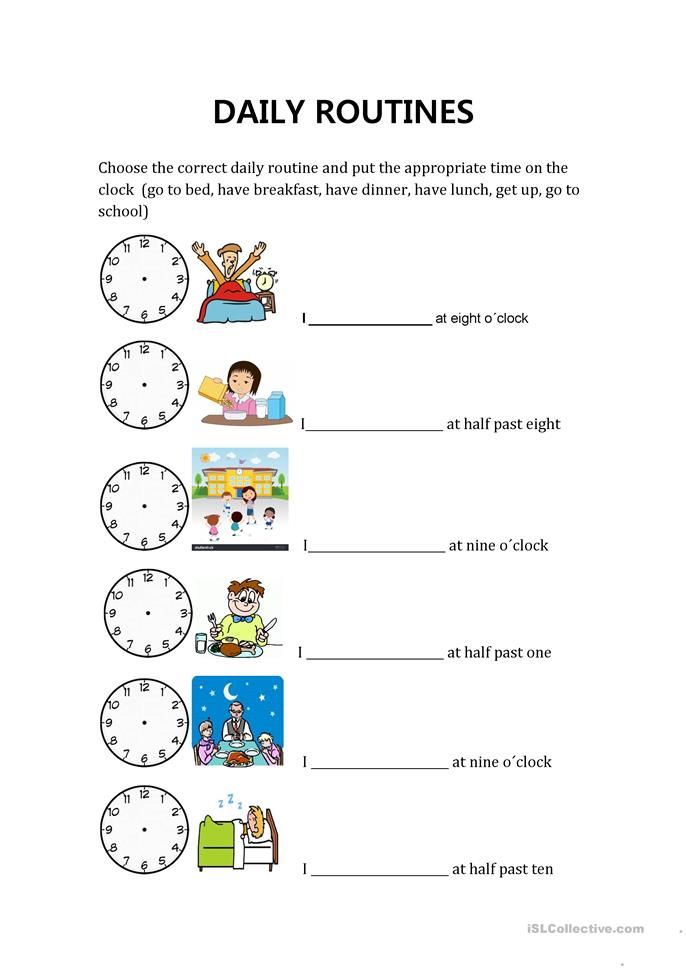
Dim the lights
Like electronics and the sun, electric lighting also produces blue light. Avoiding bright lights in the evening can help signal to your body that it should start preparing for sleep.
- Switch off bright overhead lights and turn on dimmer table lamps an hour or two before bed.
- Consider replacing lamp bulbs with ones that produce amber light.
Try aromatherapy
Calming fragrances, like lavender and cedarwood, can promote restful sleep.
To benefit from aromatherapy:
- Scent your bath with a few drops of essential oil.
- Place a diffuser containing essential oil in your bedroom.
- Use a few drops of essential oil on your pillow before bed.
Check your bedding
Clean sheets and fluffed pillows can make bed seem more inviting, and a comfortable bed can help you get better sleep.
Use season-appropriate sheets and blankets. Flannel sheets in the summer can make you too warm, and you might wake up sweaty and itchy.
For year-round bedding, go for easily removable, light layers so you can make quick adjustments if you feel or cold during the night.
Shop our expert-verified products for achieving deeper sleep.
Update your pajamas
Changing into sleepwear can help your body feel more ready for bed, but choose your pajamas with care. How they feel on your body is more important than how they look.
Comfortable pajamas can make bedtime something to look forward to, while tight or uncomfortable sleepwear can keep you fidgeting under the covers.
Switch on a fan
A fan can play two important roles in your bedtime routine.
First, it cools off your bedroom. Keeping your room on the cooler side can help you stay comfortable despite normal body temperature changes that happen during sleep.
Fans also produce white noise, which can block out noises that might keep you up. Hearing that low hum can help increase your confidence that you’ll sleep well, even if your roommate ends up arguing with their partner in the middle of the night.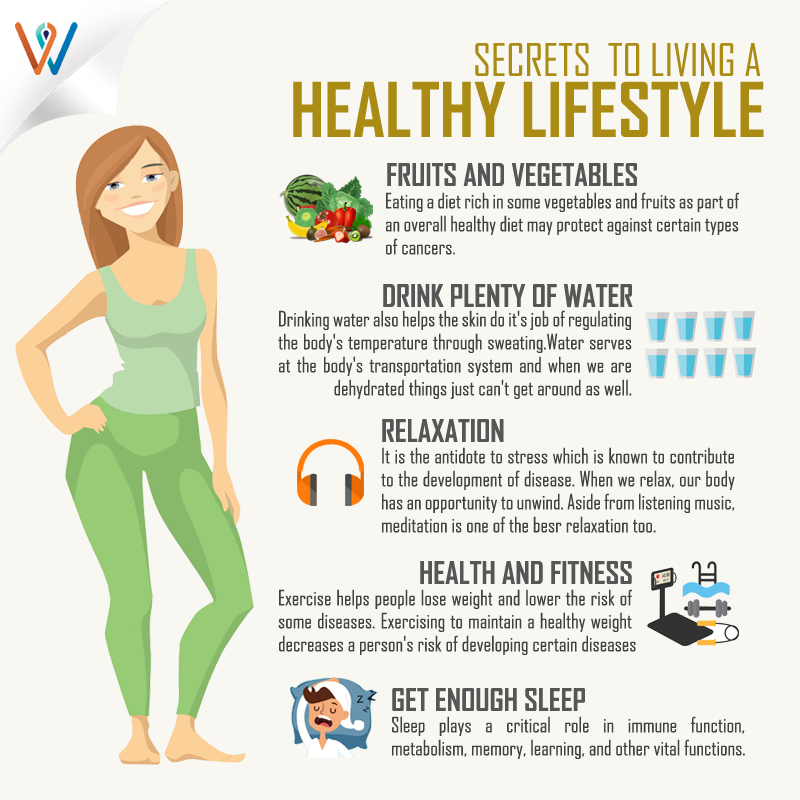
Now that you’ve wound down and hopped into bed, how to drift off to sleep?
Think peaceful thoughts
Fixating on worrisome thoughts can keep you awake and stressed. Instead, try focusing on positive things that happened that day or events you’re looking forward to.
Some people also find listing a few things they’re grateful for promotes positive feelings and inner calm.
It may also help to repeat a soothing mantra, such as “I feel relaxed” or “I’m drifting off to sleep.”
Try visualization
You can use visualization (guided imagery) to create restful scenes in your mind and distract yourself from any worries creeping into your thoughts.
You might imagine a quiet beach with waves brushing against the shore, a sunlit forest, or a hammock under the stars.
Picture this landscape in vivid detail, imagining how relaxed and calm you feel. You can even put yourself into the image, breathing slowly and peacefully as you relax in your chosen environment.
Relax your muscles
Relaxation techniques such as progressive muscle relaxation often help improve sleep. Beyond its potential sleep benefits, progressive muscle relaxation can also help relieve pain.
Here’s how to give it a try:
- Slowly tense one group of muscles.
- Hold the tension for 5 seconds, releasing on a slow exhale.
- Relax for 10 seconds.
- Move to the next muscle group.
Find more detailed steps for muscle relaxation here.
Accept wakefulness instead of fighting it
Not getting enough sleep can make you miserable, but fretting over your exhaustion and the precious sleep you’re missing won’t do you any favors.
Instead, try to accept that it’s just one of those nights and focus on reframing your thoughts.
You might tell yourself, for example:
- “I’m still awake now, but I’ll drift off eventually. I always do.”
- “Maybe I’ll be a little tired in the morning, but I’ll probably fall asleep right away tomorrow night.
 ”
” - “I’m going to need an extra pick-me-up tomorrow, so I’ll treat myself to a good lunch.”
There’s not really a right or wrong answer when it comes to building a nighttime routine, but there are a couple things you’ll want to avoid if you can.
Lying awake
If you feel wide awake after about 20 minutes — whether you’re trying to fall asleep or just woke up in the middle of the night — get up and do a quiet activity, like reading.
Avoid turning on bright lights or doing anything too stimulating. Once you start feeling sleepy again, go back to bed.
Sleeping too long
Too much sleep is a thing. Most people should aim for 7 to 9 hours of sleep each night.
You should stick to the same sleep routine, even on vacations and weekends, since sleeping late some days can throw off your internal clock.
Any adjustments should stay within an hour of your usual sleep and wake times.
Good sleep is a key factor in mind and body wellness, but it can be hard to come by.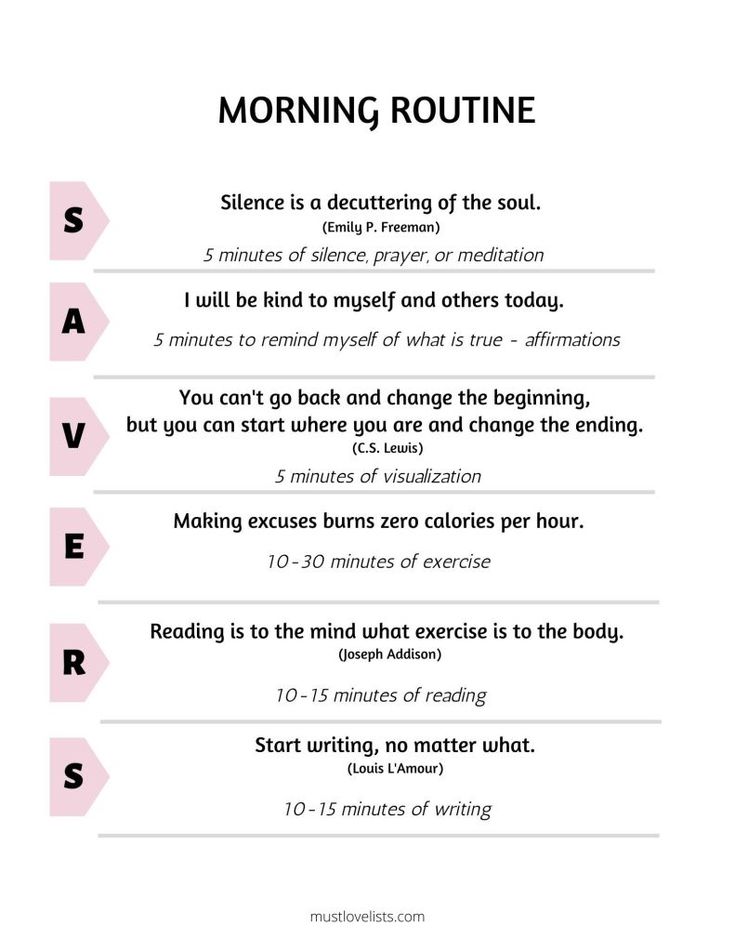 A personalized nighttime routine can help you get better sleep, allowing you to wake up refreshed and ready to take on the day.
A personalized nighttime routine can help you get better sleep, allowing you to wake up refreshed and ready to take on the day.
If a new nighttime routine doesn’t have much effect on sleep quality, talking to your healthcare provider is a good next step to make sure there isn’t an underlying health issue contributing to your sleep issues.
Crystal Raypole has previously worked as a writer and editor for GoodTherapy. Her fields of interest include Asian languages and literature, Japanese translation, cooking, natural sciences, sex positivity, and mental health. In particular, she’s committed to helping decrease stigma around mental health issues.
Night treatments | HEALTH: Events | HEALTH
Kuban.aif.ru
Approximate reading time: 3 minutes
580
Proper sleep means minus a few years and freshness of the face for the whole day.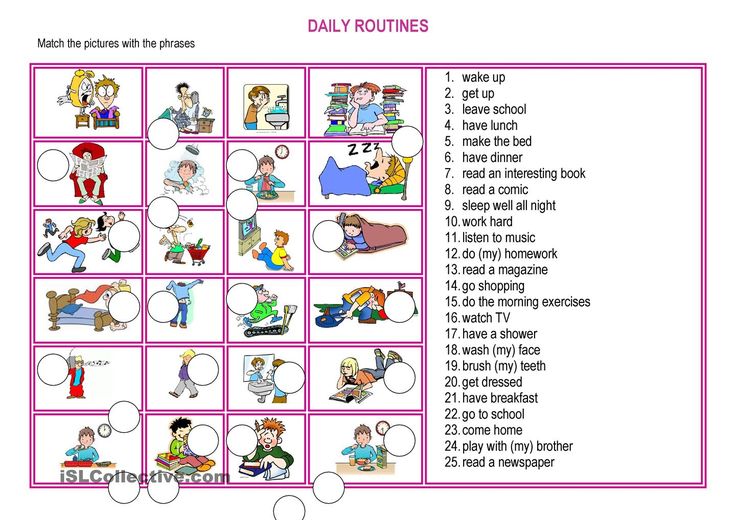 Cells get most of their fluid from outside, so night creams only provide 20% hydration. For the whole day it is necessary to write out 2 liters of water, but a couple of hours before bedtime - stop drinking altogether. Swelling is caused by salty and spicy food, you should not get carried away with it, especially in the evening, informs zdorovieinfo.ru. And foods containing fat do not allow food to be digested properly. So it’s worth eating two hours before bedtime and, better, let it be a light dinner.
Cells get most of their fluid from outside, so night creams only provide 20% hydration. For the whole day it is necessary to write out 2 liters of water, but a couple of hours before bedtime - stop drinking altogether. Swelling is caused by salty and spicy food, you should not get carried away with it, especially in the evening, informs zdorovieinfo.ru. And foods containing fat do not allow food to be digested properly. So it’s worth eating two hours before bedtime and, better, let it be a light dinner.
In the evening, caffeinated drinks also lead to swelling in the morning. Before going to bed, remove makeup, wipe the skin with lotion and apply a cream that suits the skin. The skin needs to get water from the atmosphere - so keep the room you sleep in in good humidity - at least 65%. It is better to open windows and vents at night if you are not threatened by a swarm of mosquitoes. Fresh air invigorates the body. Experts do not recommend high pillows, they lead to the formation of a second chin.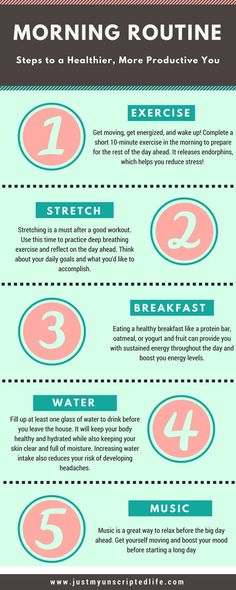 But the body can be pampered with massagers.
But the body can be pampered with massagers.
For a long time, strips have been invented for teeth, which are glued overnight. Only 10 such procedures are required, but the effect will not be long in coming. Once a week, you can apply a mask of jojoba, burdock and yolk oils to your hair and go to bed in a hat. Another secret of "thin people" - kefir or yogurt at night - and digestion is normal. Hands and feet can also be rejuvenated at night. In the evening, it’s good to scrub your hands with a scrub and anoint them with cream, wrap them in gloves that will create the desired effect.
But you need to clean your feet in the shower and anoint with cream, and then dress up in socks with silicone soles. Such procedures should not be done every day. Once a week is enough. You can put a roller under your feet so that the outflow of blood goes well, and your legs do not swell. But sleep should be taken very seriously: you need to sleep 8 hours a day, go to bed before 00.00 so that the body is not stressed. At night, you can’t disturb yourself with something like computer games and horror movies. And no exercise - it will be difficult for the body to fall asleep.
At night, you can’t disturb yourself with something like computer games and horror movies. And no exercise - it will be difficult for the body to fall asleep.
- The seven most famous exercises for tired eyes: advice from an optometrist →
- How to work in the country without harm to health. 4 doctor's advice →
- Dark side of the eyes →
Next article
You may also be interested in
- ...When the sun is hot?
- Summer Threats
- A person’s position in a dream can tell about a person’s illness
- Allergy to ragweed - do not eat melon! Doctor on how to alleviate the disease
- How to get away from seasonal allergies? What is it? Night facial treatment involves a set of procedures that will keep your skin young and healthy.
- Why you need night skin care
- Differences between night and day care
- Steps for night skincare
- Which products to choose for night care
- Salon treatments to complement day and night care
- Real skin relaxation. After daily stress and exposure to external factors, the epidermis needs relaxation. Therefore, the first stage of care before going to bed is always a gentle cleansing of dirt, makeup and excess sebaceous secretions. By skipping it, you increase the risk of irritation and the formation of imperfections.
- Moisture retention. The skin is equipped with natural protection against dryness. This is the sebum produced by the sebaceous glands. But a series of scientific experiments has proven that secretion production slows down during sleep. The thing is that the receptors believe that there is no need to maintain the safety of the epidermis. However, at the same time, people do not absorb water, which interferes with the regulation of hydrobalance at night. Therefore, a properly selected moisturizer for the face is a must for night care.
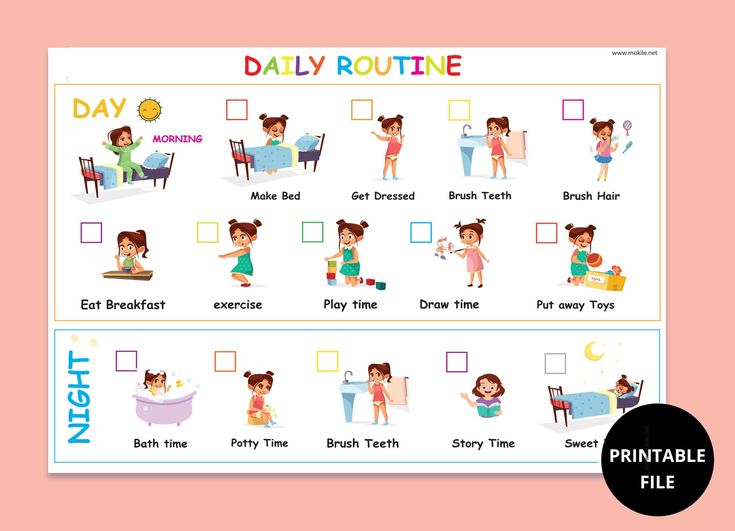
- Acceleration of recovery processes. Good sleep has a beneficial effect on human health and skin condition. The optimal time for rest should be at least 8 hours. After all, at this time, cell regeneration occurs. Care products will become catalysts for the day of the process. It is worth looking at options containing vitamins, hyaluronic acid and plant extracts.
- Make-up removal
- Pore Cleansing
- Herbal extracts, refreshing and helping to get rid of redness;
- Retinoids that provide epidermal elasticity and wrinkle smoothing;
- Antioxidants (vitamins E, C and B3) work more effectively at night, as they penetrate into the deeper layers of the skin;
- Antioxidants (vitamins E, C and B3) that can penetrate into the deeper layers of the skin while you sleep;
- Collagen, even skin texture and tone;
- Oils that nourish and soften the epidermis;
- Hyaluronic, activating the processes of generation and hydration.
- Injection and non-injection biorevitalization consists in introducing hyaluronic acid into different layers of the skin using several microinjections or electric current. These innovative technologies make night care much easier.
- Injection and non-injection mesotherapy has gained wide acceptance due to minimal surgical intervention. As part of the procedure, a mixture of hyaluronic acid, vitamins, minerals, lipids and amino acids is injected under the skin.
Learn more
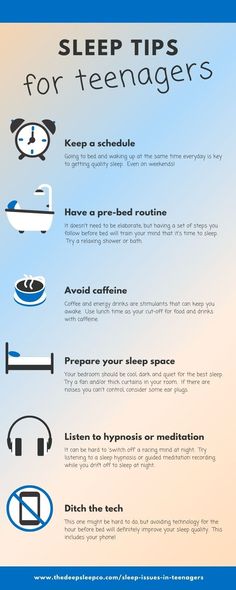 It's not just about makeup removal, there are rules and recommendations.
It's not just about makeup removal, there are rules and recommendations. Why is it important? It is at night that we can restore not only nerve cells, but also our appearance. Scientists have long found out that the processes of regeneration, restoration of the lipid-water balance of the skin are especially active in the interval from 22:00 to 04:00. So for beauty and health, the skin needs a full-fledged evening care and healthy sleep.
In this material you will learn :
Why night skin care is needed
Skin care is a regular procedure. Even at night, attention should be paid to our skin. After all, while we sleep, the body starts regeneration processes. Night care includes the use of products that include vitamins, hyaluronic, glycolic acids or retinol, which accelerate cell renewal.
In addition, age-related changes affect the condition of the skin. Over time, collagen production slows down, leading to the formation of wrinkles. To delay the aging process of the epidermis and maintain its elasticity for a long time, cosmetologists advise using deep moisturizers daily.
Multi-step care should start with lighter textures. As a rule, after cleansing, a tonic or starter is applied to the skin. Their main role is to normalize the acid-base balance to an acceptable 5.5 - 5.2 pH.
Treatments containing vitamins B and C are effective. They get rid of excess pigmentation and even out the complexion. However, in order not to harm the skin, it is worth resorting to them 2-3 times a week.
For best results, take short breaks between treatments. For example, after applying the serum, brush your teeth, and between cream and oil, spend a couple of minutes on social networks.
Tonics and starters will adjust your pH. Thanks to this, the products used are better absorbed and show all the advantages of their compositions.
Night care is not complete without moisturizer. Face creams purposefully use components that protect the skin from dehydration, especially in older people. This feature of aging skin is well compensated by means that retain moisture inside, fixing the effect of the previous stages.
You can complete your bedtime care with a special oil. You will need to apply it 2-3 times a week after applying the cream. For the best effect, it is recommended to take a relaxing bath in advance. The product is applied in a circular motion, performing a light massage.
Differences between night and day skin care
It is important to understand that day and night products are produced for completely different purposes. The essence of morning care is to prepare the skin for an aggressive external environment. It includes protection against UV, pollution and free radicals. And before going to bed, the task becomes restoration and renewal.
It is worthwhile to carefully choose the right night care products, taking into account all the features of the skin.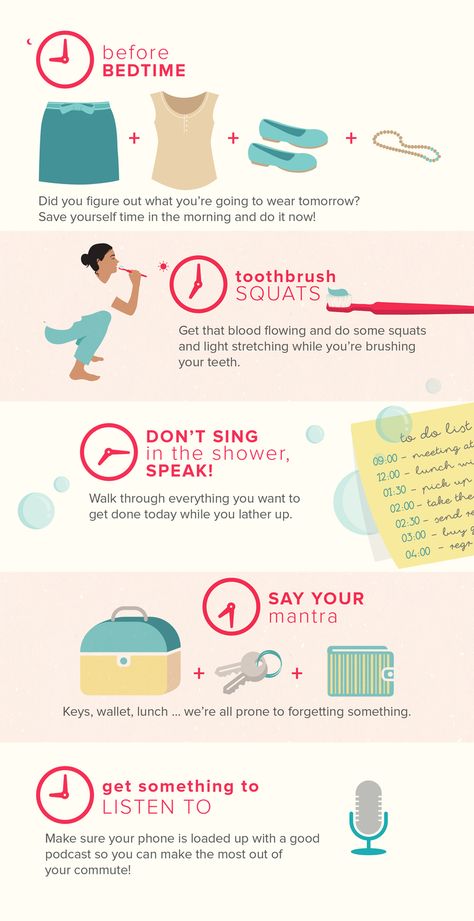 Then it will be possible to return the epidermis to a fresh and blooming appearance.
Then it will be possible to return the epidermis to a fresh and blooming appearance.
Beneficial effects of night products:
Stages of night skin care
Cosmetologists and competent experts believe that the most important part of night care is the multi-stage application of products before bedtime. This is due to the restoration and formation of new cells that maintain the tone and freshness of the epidermis. To look attractive, you need to maintain good skin condition at night. Consider the process of taking care of the face in stages.
Cleansing
A lot of impurities settle on the skin throughout the day, so the first step is to cleanse it. If you're wearing makeup, make sure you thoroughly wash off any residue. A well-prepared face will be the key to the effectiveness of the following night care products. It is important to understand that plain water can be enough in the morning, but in the evening it is necessary to use a two-stage washing system
Micellar water, milk or biphasic cleanser can help remove make-up and top layers of impurities. It is worth taking a closer look at hydrophilic oil or cleansing foam. With their help, you can wash off the most resistant cosmetics.
Sometimes the first step of the system can be skipped. In cases where you do not use decorative cosmetics or do not have time for unnecessary manipulations. But the second is better not to neglect. A cleansing gel or foam will cleanse the pores of excess sebum, wash off dust and dirt, and eliminate the remnants of foundation or SPF.
Toning
However, even two-step cleansing is not able to properly prepare the skin for the rest of the evening caring manipulations. It is important to get rid of the smallest grains of dust and dirt that clog pores. For this reason, before a moisturizer or mask, you need to apply a tonic.
Perfectly completes the cleansing process, leaving the skin refreshed and enjoyable. Restores pH balance disturbed by hard water. The method of application is extremely simple: it is enough to apply the tonic with a sponge or hands immediately after washing. The face will acquire a healthy look, its color and texture will improve.
This step helps to add additional hydration or gentle exfoliation to your night care. To do this, you need to pay attention to the tool that fits the needs. The cosmetic market offers refreshing tonics and special lotions that narrow pores for every taste.
Moisturizing Serum
It may not seem obvious, but serum is the main step of night facial care. It's all about the high content of active ingredients in it. They help to achieve a good result and eliminate shortcomings. It is worth paying attention to the composition of the product. It should include highly effective ingredients that promote skin regeneration and tone.
In order not to make a mistake with the purchase, choose the product that suits you. It can be a serum with anti-aging properties or one that is aimed at evening out the tone of the face.
Applying the eye cream
Pay special attention to the area around the eyes, which is best taken care of before applying the face cream. The usual night remedy is not suitable for use in this area. The reason lies in the special tenderness of the skin. This also explains the rate of wrinkle formation. Therefore, it is worth choosing a special gel or serum carefully. By the way, all cosmetology gurus use the ring finger to apply the product. In this case, it is better to move along the upper eyelid from the inner corner to the outer one, and on the lower one, act the other way around.
Night cream
Finish with night cream. The use of the daytime will not bring the maximum benefit, because it lacks the nutrients that the skin needs during sleep. The texture of the product should depend on your skin type. Indeed, for dry skin, a more oily product is required, and for those with sensitive skin, a gel is suitable.
It is good if the effect of the agent used is combined. But make sure it includes moisturizing ingredients. After all, the main task of a night cream is to seal moisture in the skin, activate the absorption of vitamins and antioxidants. An alternative is a sleep mask - the product does not need to be washed off, so it works effectively while you sleep. Most importantly, do not forget to take care of the décolleté and neck area.
Which products to choose for night care
In order for the skin to have a tone and look fresh in the morning, it is important to take the choice of a night cream seriously. Make sure to include nourishing and moisturizing ingredients.
Of course, the skin imperfections that you want to get rid of play a big role. But let's imagine an approximate list of active ingredients of a successful night care cream:
The right cream will help restore the skin, regulate water balance and fight free radicals. Alternatively, a mask that has a more active effect will help diversify night care. Most often, you need to apply the product in the evening, and wash off the residue from the face in the morning.
When choosing an overnight mask, choose the same cosmetic brand that makes your favorite cream. So the means will be in harmony with each other.
It is important to understand that the first qualitative changes in the skin begin already at the age of 20-25. For this reason, it is worth considering the use of a night cream in youth. But mature ladies are advised to include such a product in their daily beauty ritual.
Hydrophilic oil will be an excellent addition to skin care. We recommend that you take a closer look at the version with Rose and Sandalwood in a volume of 50 ml.
Helps gently remove impurities and remove eye make-up easily. The well-thought-out composition includes a range of vegetable oils. They are rich in fatty acids and vitamins, have an antioxidant effect. Therefore, they perfectly help to smooth out wrinkles and normalize the hydro-lipid balance.
Sandal helps to maintain skin elasticity, relieves crow's feet. Rose, in turn, refreshes the face, gives it a healthy look and accelerates regeneration processes. It is extremely easy to apply the product, because in combination with water it turns into a soft emulsion. It is easy to wash off the residue, and after that there is no feeling of a greasy film. Moreover, the tonic effect is manifested instantly, while the skin is not tightened and has a natural pH balance. This effect is most effective at night skin care.
In-salon treatments that complement day and night care
If you decide to go to a beautician, consult your dermatologist beforehand. He will tell you what care procedures should be carried out and warn you about individual intolerance, if any.











